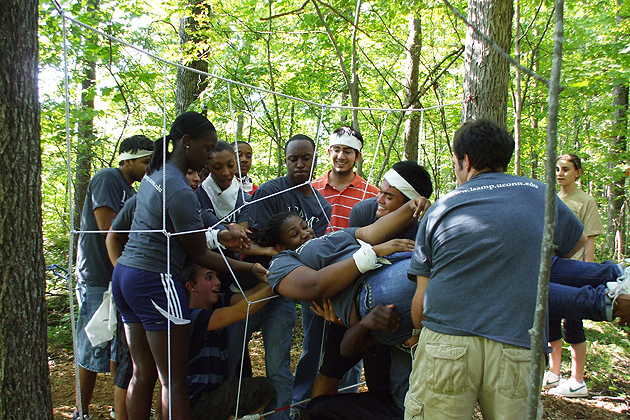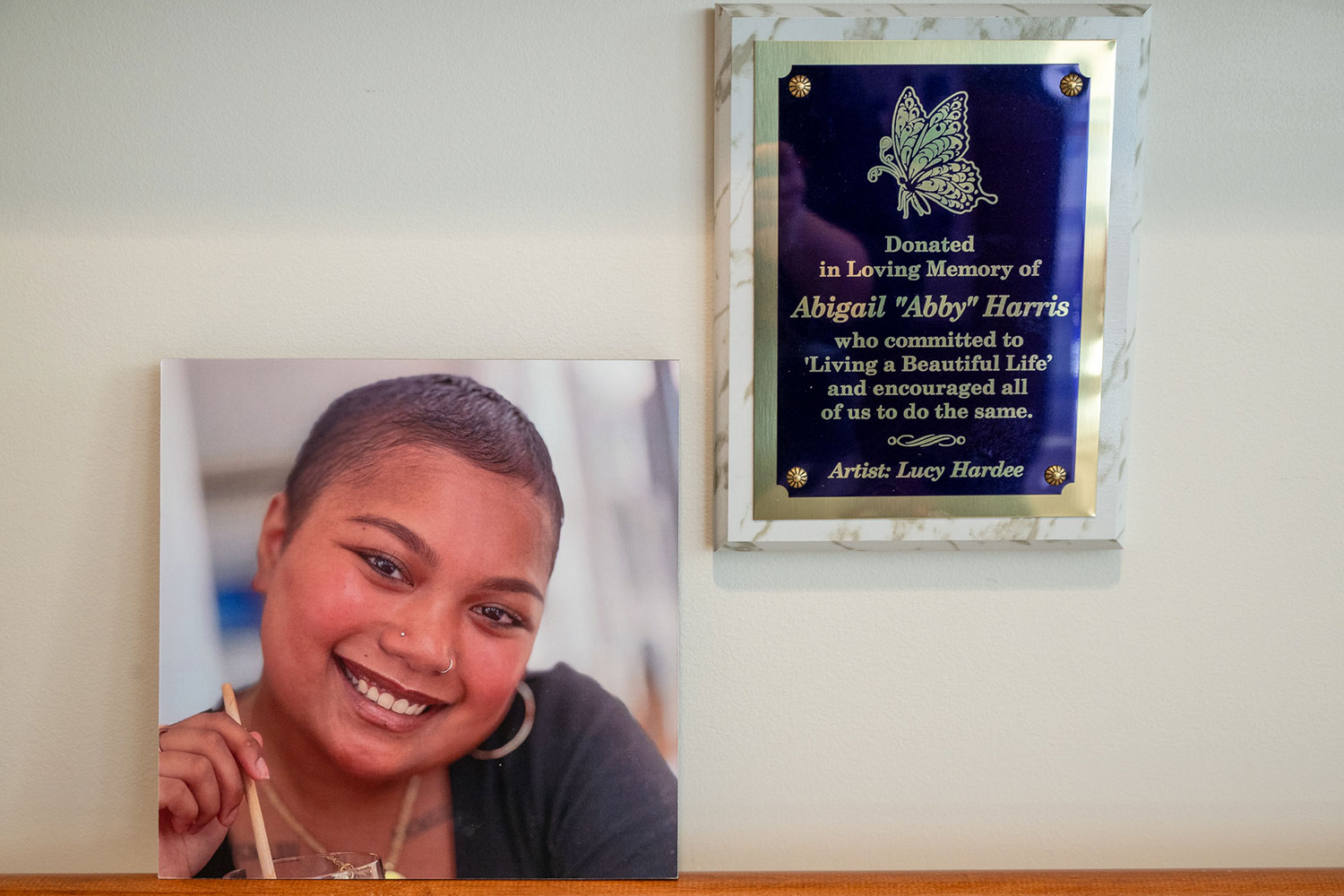
Eleven UConn students will use their winter break to hike through rain forests, plant trees, explore volcanoes, stroll beaches looking for dolphins, and walk through the clouds in the rain forest canopy. They are enjoying those experiences as part of an ecology and conservation tour of Costa Rica sponsored by the Louis Stokes Alliance for Minority Participation (LSAMP).
The nine-day educational trip, led by Education First Tours of Cambridge, Mass., will take the students through a variety of ecosystems as they travel the Central American nation. The tour combines hands-on exploration with lectures and conservation work, in an effort to teach students about ecology and the region’s flora and fauna, while also exposing them to local history and culture.

UConn’s LSAMP program coordinated the trip, and is providing scholarships to help students take advantage of the educational opportunity. LSAMP supports students from African American, Latino/a, Native American, and other underrepresented populations as they pursue degrees in science, technology, engineering, and math, otherwise known as the STEM fields of study. Many STEM students are reluctant to take an entire semester off from their demanding coursework to study abroad. This trip offers an appropriate alternative, packing a great deal of learning and first-hand experience into a concentrated time period, Jan. 5-13.
“The students get to learn science in context and observe another culture up close, all while becoming good stewards of the planet,” says Joy Erickson, LSAMP program coordinator, who is accompanying the students on the excursion.
This winter intersession experience abroad offers an itinerary packed full of educational activities. Students will land in Costa Rica’s capital city of San José and explore the nearby INBioparque, a natural park and research station. They will visit Poás, one of the country’s largest active volcanoes, and have a chance to soak in the region’s natural hot springs.
The expedition also takes participants to La Selva Biological Station, a tropical rainforest research station home to 400 species of birds, 114 species of animals, and 44 species of frogs and toads. Students will hike to La Fortuna Waterfall and take a canopy tour of Santa Elena Cloud Forest, where they may glimpse rare orchids and quetzal birds, and literally walk through the clouds in the treetops.

After traveling to the central Pacific coast region, the group will spend time at Manuel Antonio National Park, which has a diverse array of marine life. There they may investigate coral reefs or spot dolphins and whales from their vantage point on palm-lined beaches.
In addition to examining the country’s natural habitats, students will also attend lectures, plant trees in a reserve, and browse the colorful craft markets in Sarchí.
Participants raised money for the trip by helping to clean up after the October snowstorm that left numerous downed and damaged trees in its wake across Connecticut.



